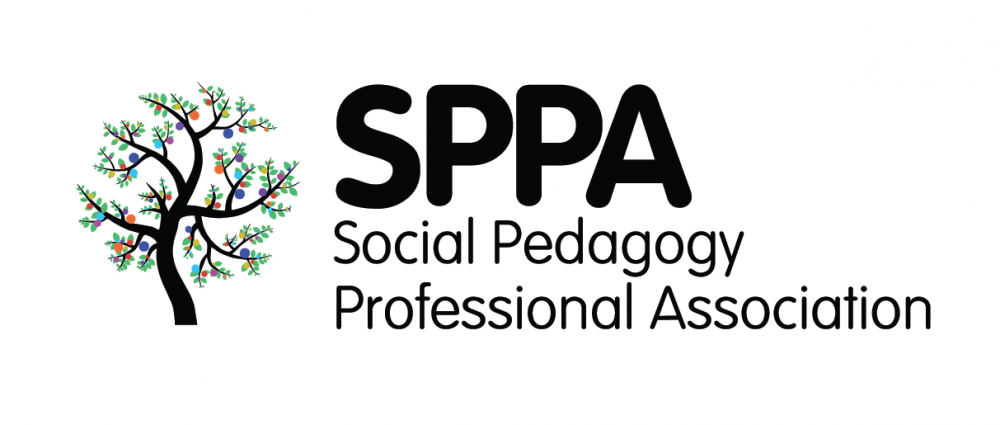In the United Kingdom the term social pedagogy was unfamiliar until fairly recently. In the academic world interest arose from about the 1980s, via interchange with colleagues in continental Europe, not necessarily focused directly on social pedagogy but concerned with services where social pedagogues were employed, such as early childhood education and care, youth and social work. As a result, the term social pedagogy became somewhat more familiar. In the late 1990s, for the first time a British a government department showed an active interest in social pedagogy and mention in official documents followed. This interest arose out of immediate concerns and scandals surrounding residential care and led to funding for a research programme at the Thomas Coram Research Unit, and began in 1999. In Scotland, also, there has been some Government and children’s services interest. This was stimulated by Children in Scotland, the Scottish Institute for Residential Childcare, academics and others. Various pilots and demonstration projects followed, with Government and other funding. A review of reports from these has found consistently positive outcomes (Cameron, 2016). Thempra and Jacaranda have been influential in much of this activity and since 2008, in the Social Pedagogy Development Network (SPDN) which has brought interested people together, twice yearly, for seminars and a day’s learning and exchange. Up to 200 or more participants attend each time and the events are hosted by local authorities and independent agencies. In 2009 the Centre for Understanding Social Pedagogy was established in the Institute of Education, which among its other activities has fostered international exchange and has celebrated its first PhD. The latest development in the UK is arrival of SPPA, hosted in UCL IOE. In 2019, it will stand on its own feet as a membership organisation. With SPPA comes the development of Levels 3 and Level 5 Diploma in Social Pedagogy.
